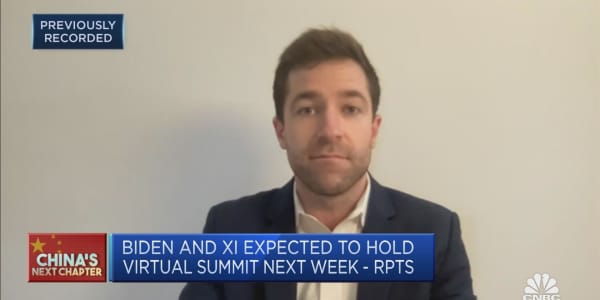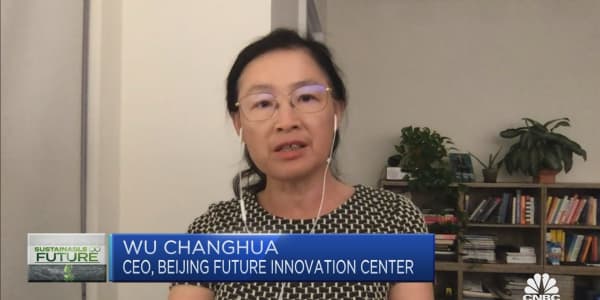Reports that China is to introduce a new Tobin tax on foreign currency transactions is raising questions among investors over the country's willingness to move to a more open economy.
The yuan is set to be included in the International Monetary Fund's reserve-currency basket from October this year. Chris Weston of IG markets argues that imposing such a Tobin tax - a levy on a spot currency conversion - won't please the organization.
"This will not be taken kindly by the IMF if it eventuates, and if Chinese officials broaden this to other markets, like swaps, then speculators may pile into proxy currencies like the Hong Kong dollar," he said Tuesday.
According to the report from Bloomberg Business, the initial rate of any tax may be kept at zero. This, the report suggested, is to allow authorities time to tweak the rules and to deter speculators by letting them know that there is a tax ready to be introduced.
There was no official PBOC comment, although Deputy Governor Yi Gang had raised the possibility of the measure in October 2105 in an article written for China Finance magazine
In a statement Tuesday, Natixis Asia research, said in the event of such a tax, the two main criteria for joining the IMF basket should not be affected.
"The Tobin tax would not change the size of China trade. The second criterion is 'freely usable currency'. In this respect, a Tobin tax should not change the RMB's inclusion, unless it will significantly decrease the trading volume of the RMB," read the statement.
In the last six months the yuan has depreciated 2.30 percent against the U.S. dollar.
Natixis writes that China's central bank is probably targeting short-term transactions so as to reduce speculation in the forex market.
Although the firm argues that this may be difficult to achieve.
"Investors – including speculators – will find ways to bypass the tax. In the same vein, this tax could deter hedging activities in China, which goes against the need of an economy moving away from a closed capital account."
UBS foreign exchange specialist Geoffrey Yu said that in order for the levy to work, the tax would have to be quite nuanced.
"China would not want to jeopardize inflows," he said in an email to CNBC Tuesday. Consequently, some transactions -- including those placed by state-approved Qualified Foreign Institutional Investors, corporate expatriations and state-owned enterprises shouldn't be a problem, Yu added.
Yu also noted the tax could prove problematic for institutions with FX risk management models based on more frequent trading.






